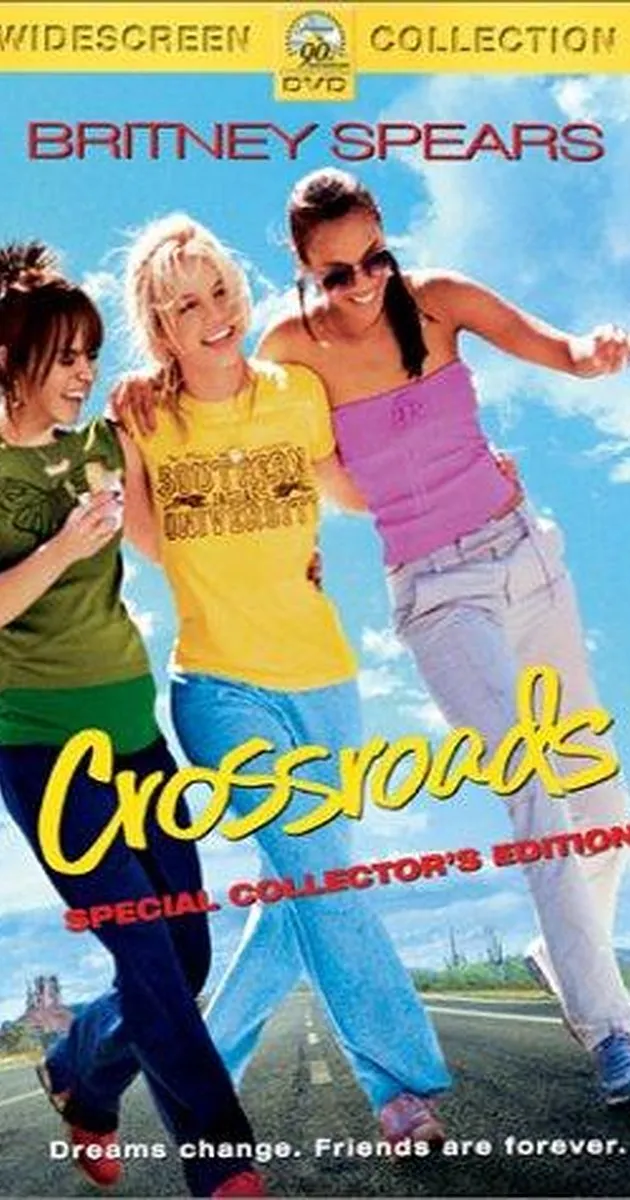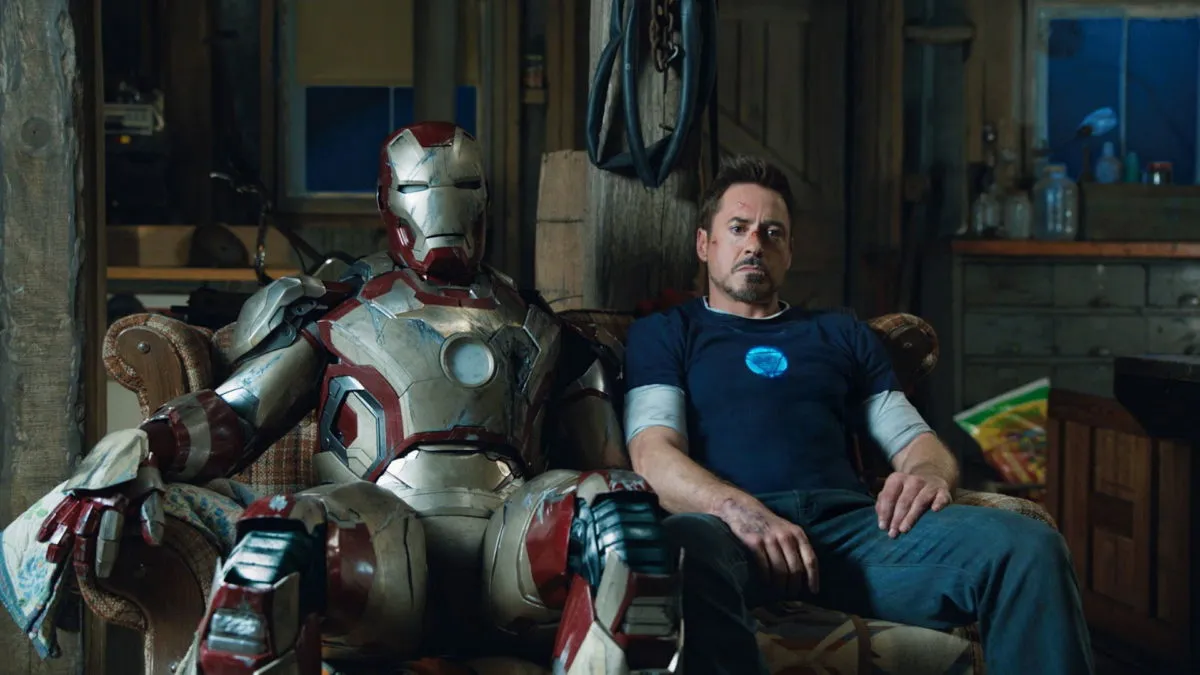Shonda Rhimes’ excellent writing for screens big and small has made her a household name by now — but did you know that she wrote the screenplay for Crossroads? And did you know that in addition to having Rhimes as its screenwriter, Crossroads also had a female director and producer in Tamra Davis and Ann Carli? Although critics didn’t see the appeal of the Britney Spears-starring fixture when it came out in 2002, the movie resonated with teen girls back then, and it remains a cult favorite — it’s available to stream on Netflix, by the way.
Back in 2002, I was too firmly entrenched in my goth phase to see Crossroads or appreciate the value of female friendship — that was my loss. I saw the movie as an adult, and although it has plenty of inexplicable missteps, it’s also got undeniably great themes. Britney Spears never seems quite believable as the bookworm of the trio, but she’s sweet and likable enough in the lead role that it’s easy to see why her once-and-future best friends would want to travel cross-country with her. As for those two best friends, Zoe Saldana and Taryn Manning’s strong performances help carry the movie’s weaker moments through to the finish line.
Unlike other teen movies of the era, the movie doesn’t approach the girls’ problems with much levity or snark, instead focusing on how their concerns are real, serious, and even scary. The movie’s most significant B-plot revolves around Taryn Manning’s character opening up to her friends about the fact that she’s pregnant and also that it’s because she was raped. The through-line of this arc, ultimately, is the girls’ support for one another and their willingness to help one another with whatever problems they may face, whether it’s deciding between college or a music career, or breaking up with an abuser, or recovering from trauma.
Having seen the movie, it makes sense to learn that an all-female team helped bring it about. Broadly spoke to the minds behind Crossroads about that process — and even the potential for a Crossroads 2. The piece mostly focuses on Britney Spears and how “normal” she was as a young girl — although it shouldn’t be so surprising to hear that. Here’s how Rhimes put it:
I was much more interested in the young woman that I met than the image that people had of [Britney]. She was a person, and I don’t think anyone at the time was looking at her—because it’s such a misogynistic society—as a person. The idea that we could portray her as a three-dimensional young woman was interesting to me. To have mean-girled her and turned her into a caricature would have been a mistake.
As for the rest of the trio, Rhimes explained,
It wasn’t that it was important to show people from diverse backgrounds—it just felt like the movie should look normal. Most movies didn’t look normal, they all looked very oddly homogenous in a way that didn’t feel realistic to me.
Crossroads often gets placed in “so bad it’s good” territory — or perhaps just “bad,” since it’s been nominated for eight Razzies, including Worst Director and Worst Screenplay. But that reputation seems to have less to do with the actual product and more about critics wanting to place it into a certain category, whether or not it fits.
The Razzie nominations created a new category called “Most Flatulent Teen-Targeted Movie” that year, probably for Crossroads‘ sake, since the other movies in the category don’t seem to fit that mold. Crossroads doesn’t really fit that description either, though. Carli and Rhimes approached Britney Spears first, not the other way around. By all accounts, the movie happened because everyone involved genuinely wanted to do it, not because some oily music executive wanted to cash in on Spears’ stardom.
That alone is pretty incredible. Crossroads is about women, by women, for women. Specifically, it’s about teen girls, and it’s for teen girls — and that’s who ended up watching and loving it. According to director Tamra Davis:
I still have people come up to me all the time and say what an incredible movie it was, how much it meant to them at that time, and how much of an impact it had on them.
Producer Ann Carli pointed out that the tone of the movie also set it apart,
It wasn’t snarky. There’s no snarkiness whatsoever. We weren’t ashamed to be corny. ‘Corny’ would maybe have been someone else’s judgment of it, but we weren’t afraid to be heartfelt. We didn’t need to be smarter than anybody else. Young women, they’re surrounded by judgment and snarkiness, so it was important for us to show the ups and downs of real relationships.
I don’t know that I’d describe Crossroads as “corny” — but “earnest” feels about right. It’s also incredibly dark — or at least the problems that the girls navigate together can seem that way. And perhaps it’s “unrealistic” to expect these three very different teen girls to stay friends, in spite of it all. But the story of Crossroads doesn’t seem any more unrealistic than hearing about the three women on the creative team who brought it all together. That happened in real life — and that’s pretty amazing.
—Please make note of The Mary Sue’s general comment policy.—
Do you follow The Mary Sue on Twitter, Facebook, Tumblr, Pinterest, & Google +?









Published: Mar 17, 2016 05:48 pm